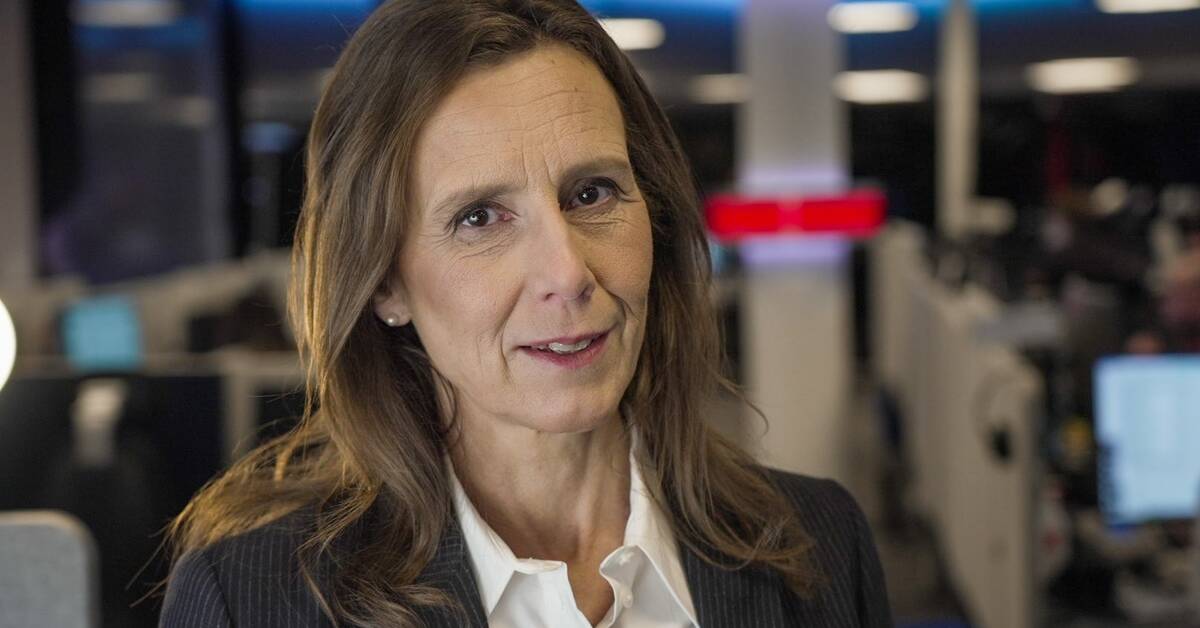It's fine now.
For Sweden, then, not for the Swedes.
Growth is high despite the war in Ukraine.
Unemployment is at the same level as before the pandemic.
Public finances are in order, despite crisis measures for a staggering 600 billion since the pandemic outbreak.
For the Swedes, on the other hand, it looks tough.
Inflation has risen to just over 6 percent, which is the highest level in 30 years.
Petrol and diesel are 46 percent more expensive than a year ago, electricity 34 percent more expensive.
Many people's salaries are fixed in agreements that do not expire until next year.
Unnatural crisis fund
So the people need help, the government has plenty of money in the treasury, and there are elections in less than five months.
What seems more natural than to throw in a penny, to as many people as possible, preferably in August when the account is empty after the holidays and the election is only a few weeks away?
The thing is, it's not natural at all.
The multi-billion sums in crisis measures presented earlier this year and in the spring budget to compensate Swedes for more expensive times would have been extremely difficult to imagine before the pandemic.
But when most of the world economy stalled for a few weeks in April 2020, the new economic school "We-take-in-so-we-burst-for-safety" was invented.
It did not only happen in Sweden, but here it could happen without it affecting the central government finances, as the central government debt was low.
It was also to some extent successful, for example, the redundancy support probably saved many jobs.
Contributions during difficult periods
Then there was a crisis again, and crisis management according to the new school.
The increases in electricity and fuel prices have spread in the economy.
Not least, the food has become more expensive.
The government is happy to emphasize that it compensates those who have the hardest time with the price increases.
The economic expert organization OECD is also clear that it is now most important to invest resources in them.
And of course, pensioners with low pensions get SEK 1,000 a month tax-free, if the government gets through that proposal.
124,000 families with children can increase their housing allowance by up to SEK 1,300 a month.
But the crisis contributions do not stop there.
Electricity bills were shockingly increased last winter, especially in southern Sweden.
Vips, the government was there with cash.
It was SEK 2,000 per month for three months for those who need a lot of electricity to heat their houses.
And then up to SEK 1,000 more.
Following Russia's invasion of Ukraine, petrol and diesel prices reached new heights.
Time for new grants: SEK 1,000 in car grants for everyone who owns a car, and SEK 1,500 in sparsely populated areas.
In addition, reduced petrol and diesel tax.
Of course, the car and electricity allowances will be paid to many who really have a hard time managing the higher expenses.
But there are also families in large villas, with two cars, who will receive a grant of up to SEK 9,000, and also several hundred kronor per month via reduced fuel taxes.
It can be families who barely notice if the food becomes more expensive.
Expected setbacks
Many EU countries now subsidize energy consumption.
But there are at least three problems here:
Contributions to those who do not need fires unnecessarily on the economy and thus inflation.
The subsidies keep up the demand and thus the oil and gas prices that finance the price of Putin's war in Ukraine.
The subsidies keep the consumption of electricity and fossil fuels going and counteract climate change.
And in the end, the bill could be expensive for ordinary Swedes: according to forecasts, inflation will fall back next year.
But if it does not, fueled by the multi-billion sums in the budget, not only will consumption become more expensive, so will mortgage rates.

